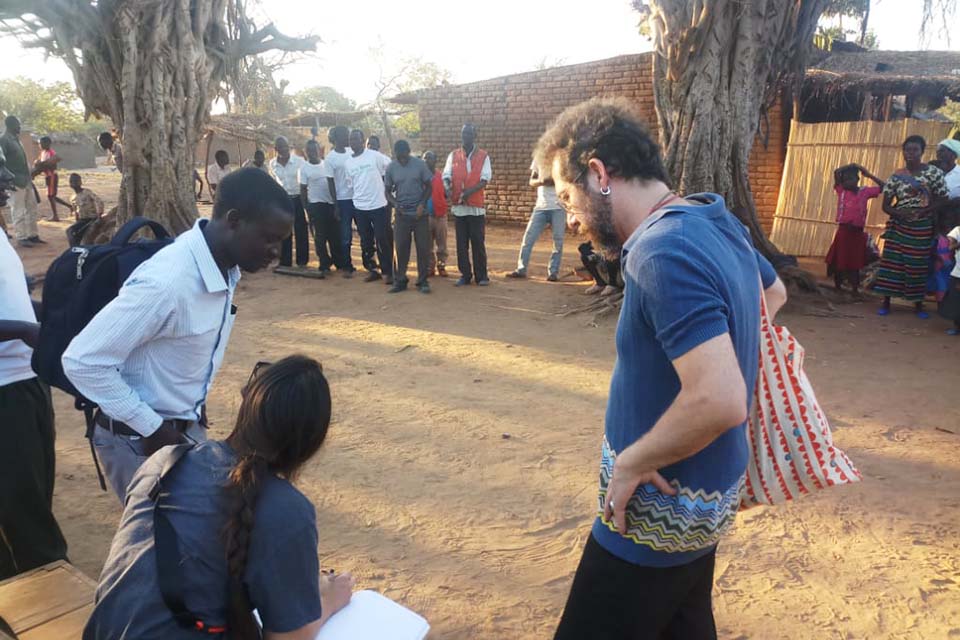Dr. Segovia in Malawi on Decoloniality and Indigenous Conceptual Worlds
Professor Carlos Segovia, Ph.D. (Humanities and Social Sciences), conducted research and co-lectured this summer at Bunda College in Lilongwe, Malawi, together with professor Boyson H. Z. Moyo — former Dean of the Faculty of Natural Resources at Lilongwe University of Agriculture & Natural Resources — on extra-modern ontologies and decoloniality.
Segovia’s research in Malawi has focused on the cognitive justice needed towards indigenous ways of being, living and thinking that do not meet the myth of human progress. According to Segovia, there can be no cultural, sociopolitical and economic justice if conceptual difference of indigenous worlds is not respected. Furthermore, it is only by acknowledging their conceptual difference that the de-colonial strategy-pyramid can be fulfilled, for decolonization must combine, he adds, economic self-sufficiency, political autonomy and ideological independence.
More specifically, Segovia has been working on counter-notions of humanity and polycentric nominal semantics in Tumbuka, a Bantu language, against the backdrop of contemporary post-humanism and the reformulation of a fully-materialist ontology. He will publish the results of his research in a forthcoming collective volume on communication justice in the pluriverse co-edited by SLU-Madrid professor, Dr. Joan Pedro-Caraña (Communication) and two Colombian specialists in the field, Eliana Herrera-Huérfano and Juana Ochoa-Almanza.
Segovia’s research on Bantu ontologies forms part of his current work on contemporary animism, on which he is preparing a monograph, and the rethinking of the body beyond Western categories, on which he has just published a paper in the philosophy journal Rhizomes: Cultural Studies in Emerging Knowledge.
